I hope that a decades-old Supreme Court decision in favor of an airline will be able to join another airline’s worthless stock certificate on my Wall of Has-Beens.
To read about that decision and the reason for my hope, please click here:

I hope that a decades-old Supreme Court decision in favor of an airline will be able to join another airline’s worthless stock certificate on my Wall of Has-Beens.
To read about that decision and the reason for my hope, please click here:
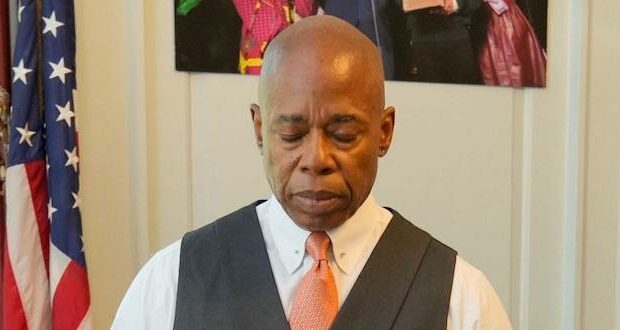
New York City Mayor Eric Adams recently waved something of a red flag before some overly broadminded bulls — so to speak — when he addressed the role of religion in public service.
You can read about the flag, the bulls and more here.
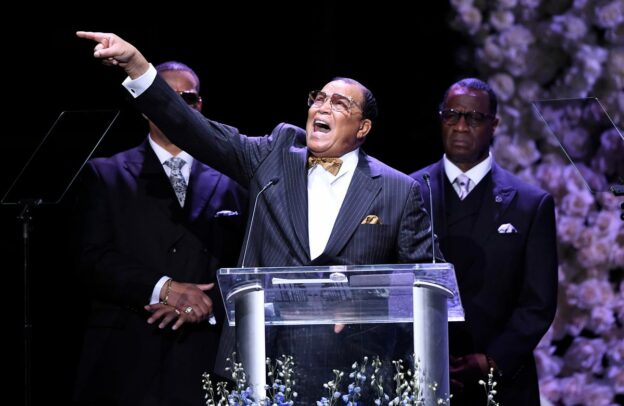
Louis Eugene Walcott is a former nightclub singer who morphed into one of the most noxious Jew-haters of our time. He recently delivered an antisemitic rant to tens of thousands of gullible followers.
You know him by another name, the one he adopted, and can read more about him here.
There wasn’t a need to compose a Purim satire when the news provided enough to stimulate giggles. As you can read here:
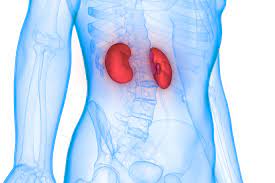
Incentivizing the donation of a part of one’s body is inherently objectionable to many. But should it be?
A musing on that issue can be read here.
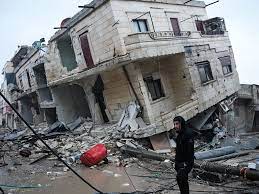
While the west coast’s torrential rains this winter and the recent devastating earthquake in Turkey and Syria were light-years beyond anything my family and I ever experienced when we lived in Northern California in the late 1970s, they brought back memories of those days.
My musing about floods and earthquakes and the realization they should engender in us is here.
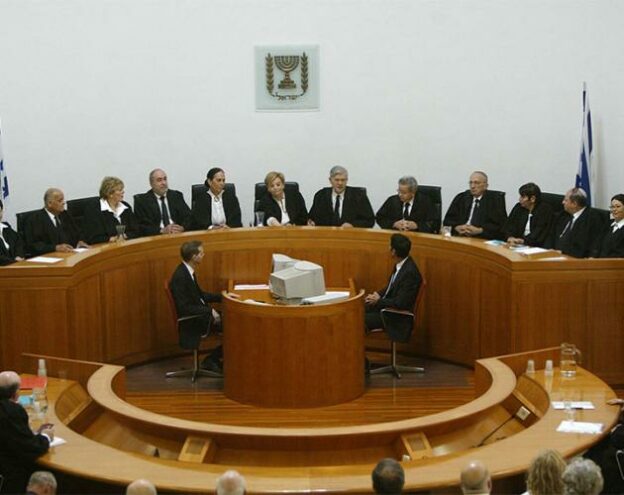
Much hair is being pulled out of heads because of one of the proposals that the Netanyahu government has embraced; reform of Israel’s highest court. But the furor over what some feel is an attack on democracy is largely based on misunderstanding the nature of that court.
To read what I mean, click here.
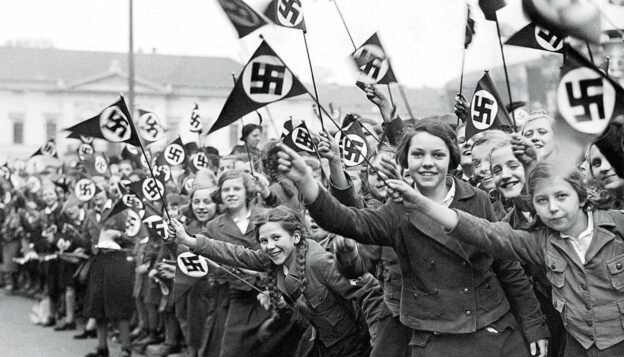
A piece I wrote about the uniqueness of the Holocaust was published at Religion News Service and can be read here.